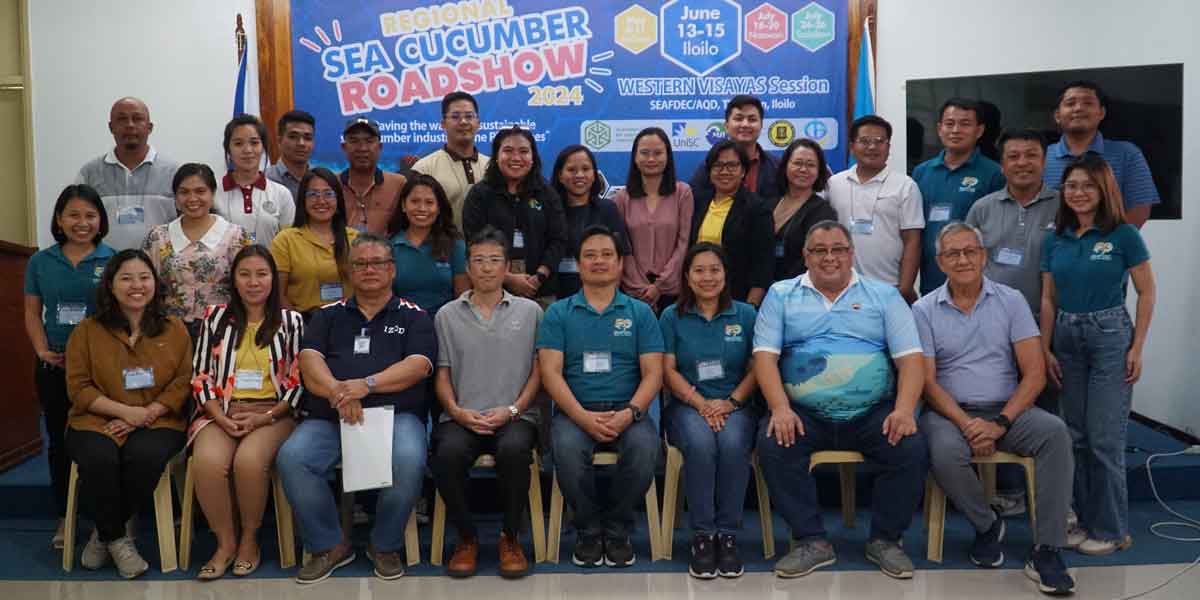By James Jimenez
With literally hundreds of clubs in the country, Rotary has a vibrant presence in the Philippines, where its dedication to community service and global outreach has made – and continues to make – a significant impact. Here are ten essential things you need to know about Rotary in the Philippines:
Structure
Rotary is all about the individual clubs, scattered all over the world, each one autonomous and sharing the fundamental ideals of service, friendship, diversity, integrity and leadership. Rotary International, on the other hand, is what you might call the ‘mother’ organization that supports Rotary clubs worldwide by coordinating global programs and initiatives.
The world is divided into several Zones, and the Philippines is in Zone 10A. Within each Zone, there are a number of Districts. In Zone 10A, we have the following Districts: 3770, 3780, 3790, 3800, 3810, 3820, and 3830 for the island of Luzon, 3850 for Western Visayas and Western Mindanao, 3860 for Eastern Visayas and Eastern Mindanao, and 3870 for Central Mindanao.
My club – the Rotary Club of Manila South – is part of District 3810, which comprises the areas of Manila, Pasay, Cavite, and Mindoro, encompassing more than a hundred clubs in total.
A Hundred Years of Rotary
Rotary has been active in the Philippines since1919. The Rotary Club of Manila – which was chartered on June 1, 1919 – was the first club in the Philippines and in all of Asia. Since then, Rotary has seen steady throughout both here throughout Asia with new clubs emerging every year.
In the Philippines alone, there are more than 800 active clubs, with more than 25,000 active Rotarians, each one heavily involved in various humanitarian projects and community service.
We are this close …
“We are this close to ending Polio” is one of Rotary’s most beloved rallying cries. It comes from the fact that Rotary International has played a crucial role in the global fight against polio. Unknown to many, the Philippines was ground-zero for Rotary’s polio eradication efforts.
On September 29, 1979, Rotarian volunteers – including then Rotary International President James L. Bomar Jr. – administered drops of oral polio vaccine to children at a health center in Guadalupe Viejo, Makati, Philippines. This Rotarian event, attended by delegates from the Philippine Ministry of Health directly led to the prioritization of polio eradication and the eventual launching of PolioPlus in 1985, as well as Rotary becoming a charter member of the Global Polio Eradication Initiative in 1988.
The project’s success led Rotary to make polio eradication a top priority. Rotary launched PolioPlus in 1985 and was a founding member of the Global Polio Eradication Initiative in 1988. Through decades of commitment and work by Rotary and our partners, more than 2.5 billion children have received the oral polio vaccine.
Through the decades since then, Rotary clubs in the Philippines have continued to contribute to immunization campaigns, public awareness, and surveillance activities – with both time and treasure – to ensure that the country remains polio-free.
People of Action
Apart from participating in the polio eradication activities of PolioPlus, Rotary clubs in the Philippines regularly engage in community service projects in seven areas of focus: peace and conflict prevention/resolution; disease prevention and treatment; water and sanitation; maternal and child health; basic education and literacy; economic and community development; and supporting the environment.
Rotary actively trains leaders to media disputes and provide education on peace and conflict resolution. This goes hand in hand with projects that address the root causes of conflict, such as poverty.
Rotary clubs undertake initiatives to combat diseases by orghanizing medical missions, fund vaccination campaigns, or even provide fumigation services to combat dengue. In the same vein, Rotary clubs implement projects and programs that provide safe drinking water, improving sanitation facilities, and promoting hygiene education. During the pandemic, for instance, Rotary clubs were out in force donating mobile hand-washing stations, and conducting hand-washing lectures everywhere.
Rotary clubs have always prioritize maternal and child health, supporting initiatives that provide prenatal care, ensure safe childbirth, and lately, promoting the early diagnosis of cervical cancer. Rotary also educates communities about nutrition, breastfeeding, and immunizations leading to deceased infant mortality rates.
As an integral part of its ongoing struggle to address poverty – which it rightly sees as a root cause of conflict – many of Rotary clubs’ projects center on basic education and literacy (which does exactly what it says), community economic development (which again is exactly what it sounds like), and supporting the environment – which refers to projects that address climate change, promote sustainable practices, and protect natural resources. This is the reason why Rotary clubs engage in activities such as tree planting, coastal clean-up campaigns, and advocating for policies that support environmental conservation.
Not just for the retired
One of the most persistent misconceptions about Rotary is that it is for rich, retired people, with nothing better to do. Far from it, Rotary is a vibrant and dynamic organization that encourages active participation by young people and provides them with both training and opportunities for leadership.
Rotary’s commitment to fostering youth involvement is evident through its Rotaract and Interact clubs. Rotaract, for young adults aged 18-30, and Interact, for teenagers aged 12-18, provide platforms for youth to engage in meaningful service projects, develop leadership skills, and to connect with like-minded individuals.
The Rotary Youth Leadership Awards (RYLA) is a particularly good example of this. RYLA events are organized annually in the Philippines – as they are in other countries world-wide – to empower young leaders, enhance their leadership skills, and encourage them to step up to roles of responsibility within their own communities.
Service Above Self
Rotary’s over-arching motivation is to provide “Service Above Self.” This means many things to many people, but for every single Rotarian, all this boils down to the desire to make a tangible difference in the communities we serve. It could be through micro-scale local projects that you’ll never hear about – like donating food and cleaning implements to hospices and orphanages – or massive international collaborations – like donating dredgers to clean up polluted waterways – Rotarians and Rotary clubs in the Philippines embody the spirit of volunteerism and humanitarianism, striving always to make a significant impact on the lives of those who need it most.




















